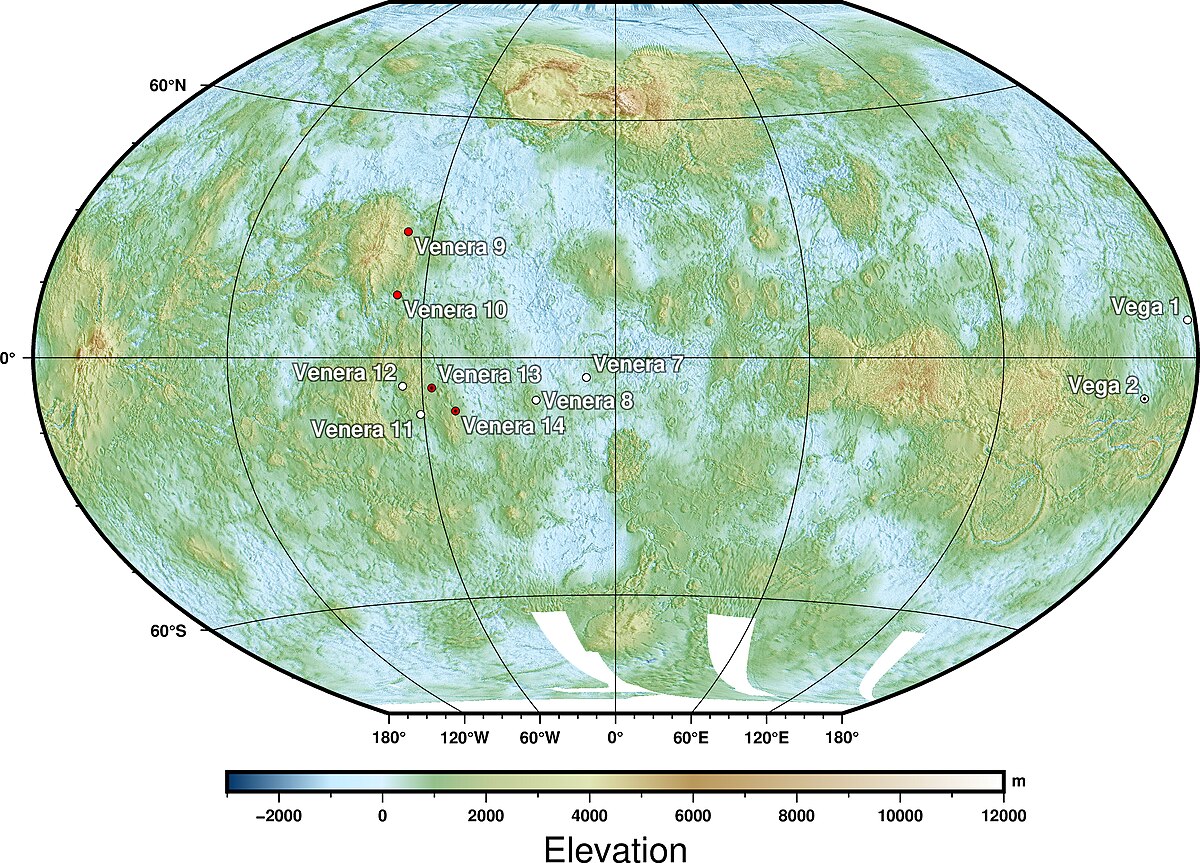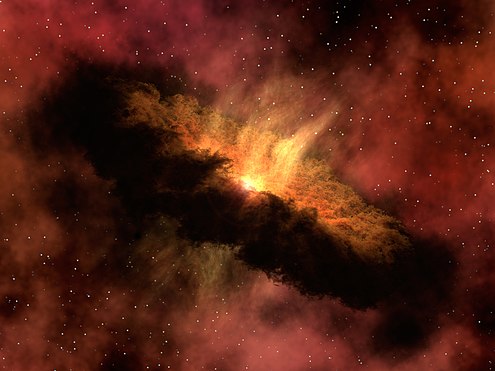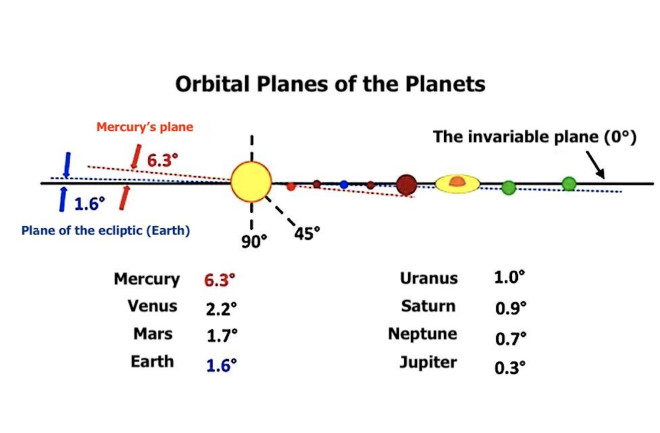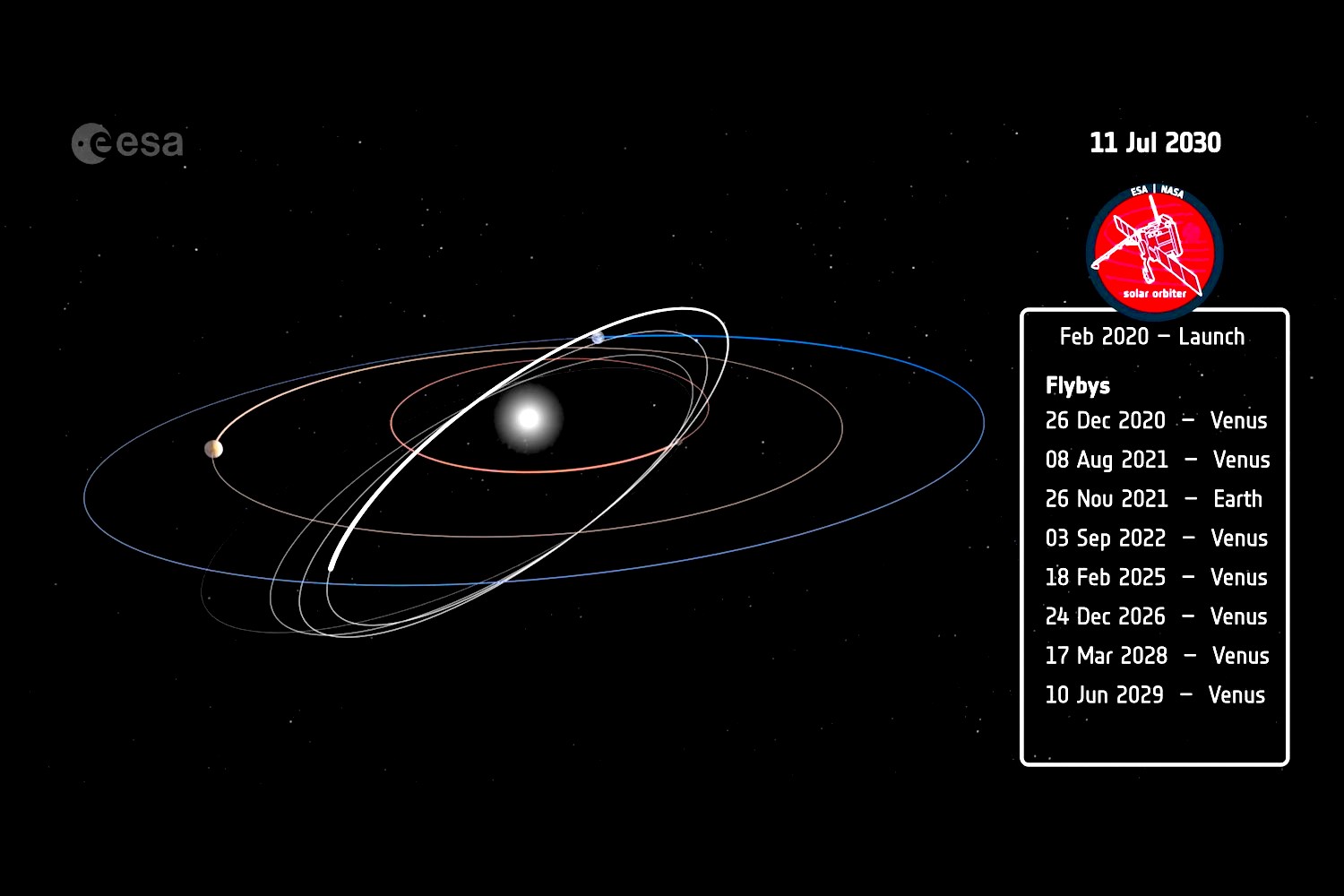odanny
Diamond Member
- Thread starter
- #21
No, it's NOT a runaway greenhouse effect, you ignorant fool. It has an atmosphere that is 96% CO2 which means the atmosphere is dense as hell. It's the Ideal Gas Laws that govern the temperature, not some idiocy like runaway greenhouse gases.
Sheesh. Take a damned science class!











